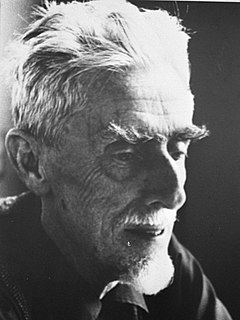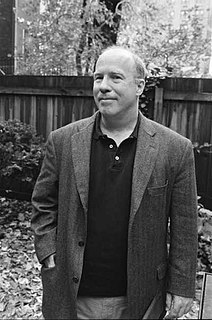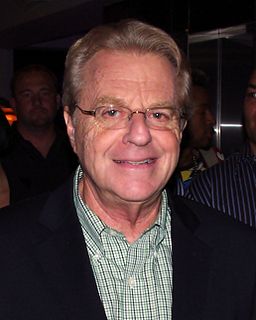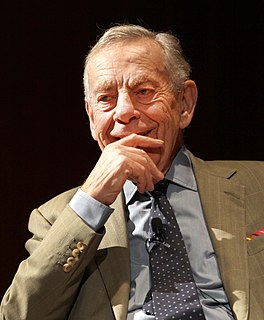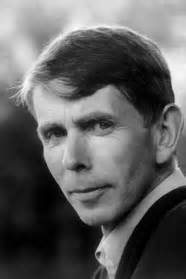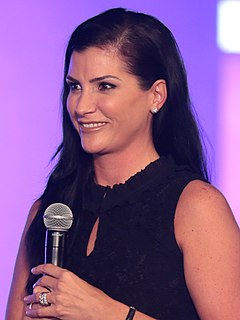A Quote by Christopher A. Wray
I can tell you that there are lots of ways for people to express their views and their disagreements. For me, the idea of doing it through an anonymous op-ed is about the furthest thing from my mind.
Related Quotes
I don't think that there's a guy behind the desk at every newspaper saying "No, woman" and sending her on her way, but that's what's systemic about it, right, like that people don't quite realize that maybe they're attracted to a male op-ed more than a female op-ed, or because of networking they know this person from going out to a bar with them.
I think that the first point to be made is there is no "solution" in Afghanistan. Solution I put in quotes. We live in an op-ed culture, which is to say, you always need to have a solution. The last third of that op-ed piece needs to say, "Do this, this, this and this." There is no this, this, this, and this, that will make Afghanistan right.
We can create the sensation of community through the accrual of actions, and that's often the clichéd way that storytelling is talked about, as someone taking a solo, and that's great for lots of reasons. But I don't really like to feel like I'm forced to listen to it in a certain way, or that there is one master reading of performance. I think what we want from performance is multiplicity, which is lots of ways in and through it, because it's for lots of people, and it was created by lots of people, often.
If you tell the reader it's funny, then the audience is like an audience at a stand-up comedy club and they expect you to be funny, and if you're not, they notice. Whereas if you read a regular op-ed about Israel or the family or medicine, you're not starting with the assumption that you're supposed to laugh.
Whereas if you were writing an op-ed piece or an essay, somebody would be asking, "What's your point?" With poetry you can stay in a moment for as long as you want. Poetry is about metaphor, about a thing standing in for something else. It's the thing that opens out to something else. What that something else is changes for readers. So what's on the page - it falls away.
We all have our likes and our dislikes. But... when we're doing news - when we're doing the front-page news, not the back page, not the op-ed pages, but when we're doing the daily news, covering politics - it is our duty to be sure that we do not permit our prejudices to show. That is simply basic journalism.

